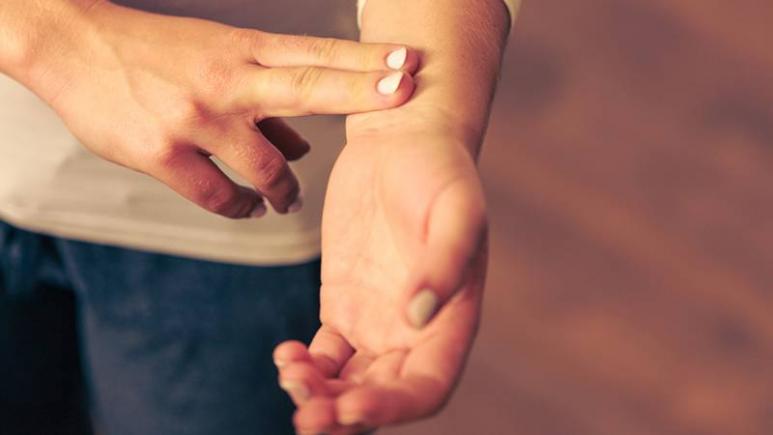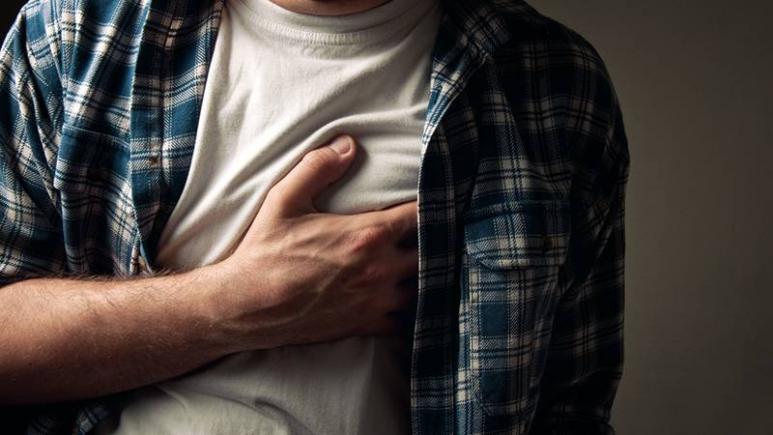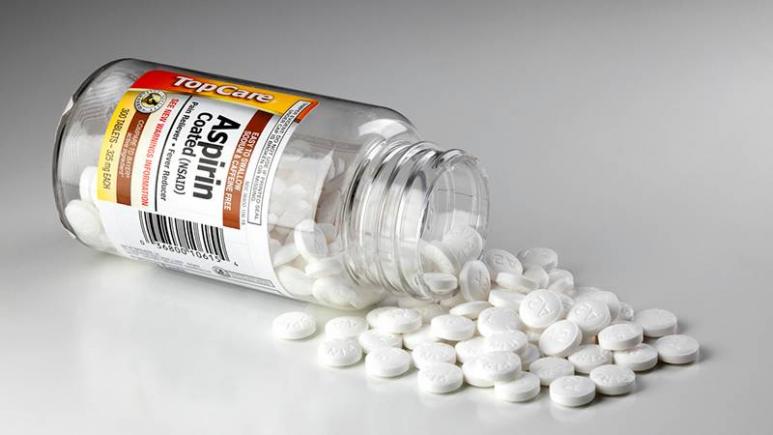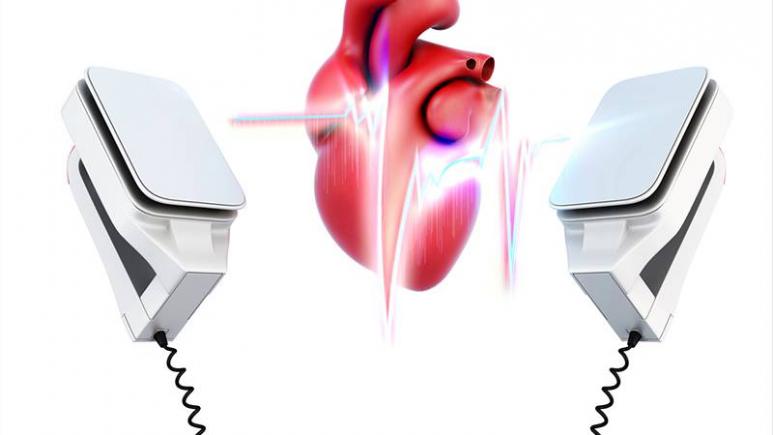

A Guided Tour of Your Heart

Q&A with Organizational Pro Peter Walsh + Dermatologist Shares A…

Actor Hank Azaria + Freezer Meals + Artichokes 2 Ways with Rach

See Inside Barbara Corcoran's Stunning NY Apartment + It's Steak…

How to Make Chicken and Lobster Piccata | Richard Blais

Donnie Wahlberg Spills Details About NKOTB's First Ever Conventi…

Donnie Wahlberg + Jenny McCarthy Say Rach Is Such a "Joy" + Look…

The Best Moments From 17 Seasons of the Show Will Make You Laugh…

How to Make Crabby Carbonara | Rachael Ray

Rach Chats "Firsts" In Flashback From Our First Episode Ever In …

How to Make Apple-Cider Braised Pork Chop Sandwiches with Onion …

Rach's Chef Pals Say Goodbye to Show in Surprise Video Message

How to Make Sesame Cookies | Buddy Valastro

How to Make Tortilla with Potatoes, Piquillo Peppers and Mancheg…

How to Make Shrimp Burgers | Jacques Pepin

How to Make Spanakopipasta | Rachael Ray

Andrew McCarthy Chokes Up Discussing Emotional Trip to Spain wit…

Celebrity Guests Send Farewell Messages After 17 Seasons of the …

Celebrity Guests Send Farewell Messages After 17 Seasons of the …

Andrew McCarthy Teases Upcoming "Brat Pack" Reunion Special

Michelle Obama Toasts Rach's 17 Years on the Air With a Heartfel…
Bestselling author Dr. Ian Smith, MD, stopped by to educate the audience and Rachael (using a pretty intense giant blow-up heart!) about heart health, preventing heart disease and how exactly the mighty organ works. After all, heart disease is the #1 killer for men and women.
How Your Heart Works
“The heart is a very powerful muscle; it’s one of the strongest muscles in the body,” Dr. Ian says, adding that it contracts a whopping 100,000 + times in a day. Blood carries oxygen throughout the body, and to get oxygen, it enters the heart, which pumps it into the lungs. Then, the freshly oxygenated blood comes back into the heart and gets pumped back into your body. So simple but so powerful!
How to Test Your Heart Rate (and What is a Normal Range)

Find your pulse, time it for 15 seconds and multiply that number by 4; that is your heart rate. Dr. Ian suggest we aim for a heart rate of about 60 to 100 (when you’re at rest and not exercising, in which case it may be higher). Fun fact -- Dr. Ian says marathon runners have a lower resting heart rate, which could be as low as 40-50!
WATCH: 17 Top Tips to Lose Weight in 2017!
What Causes Plaque Build-up?
High blood pressure, diabetes — but also not exercising and a poor diet. We all know we should stick to a healthy diet, but Dr. Ian reminds us to consume less salt and sugar in your food and exercise to avoid a buildup of fat around the belly.
What’s Does Bypass Surgery Do?
The area surrounding the plaque is replaced and/or the blood vessels bypass the built-up area.
QUIZ! Do You Know Your Food Personality?
What Happens When You Have a Heart Attack

The coronary artery feeds the heart itself, a muscle which needs nutrients and oxygen. When plaque builds up, not much blood can get through to the heart muscle, starving the heart of the oxygen and nutrients it needs.
What Is an Embolism?
Too much clotting in the blood can block vessels and areas in the lungs. An pulmonary embolism is a blood clot that travels to the lungs.
What Does a Heart Attack Feel Like?
Typically, a heart attack include pain (in the chest, jaw, arm, neck), shortness of breath and a general feeling of unease. Women, in particular, may not experience chest pain but may have pain in less typical areas (like the arm, jaw or neck).
Should Everyone Take Aspirin?

Aspirin is a blood thinner, which prevents clotting, but everyone should check in with your physician before taking it regularly.
WATCH: Jillian Michaels on How to Have a Healthy Pregnancy
Why You Feel Short of Breath When You’re Having a Heart Attack
We can get short of breath from climbing stairs but in the case of a heart attack, the muscle is again starved and doesn’t pump correctly. So when the blood flow isn’t leaving the heart properly, and not getting out of the heart fast enough, it backs up into the lungs.
One Item That Could Save a Life

A defibrillator delivers a dose of electric current (also called a countershock) to the heart in cases of cardiac arrest. Most public places have them and Dr. Ian encourages everyone to know where they’re located and learn how to use one.
Who Should Give Blood?
“African-Americans need to give more blood,” Dr. Ian says, but he adds that diversity is very important in the blood donor pool, so really everyone should.


